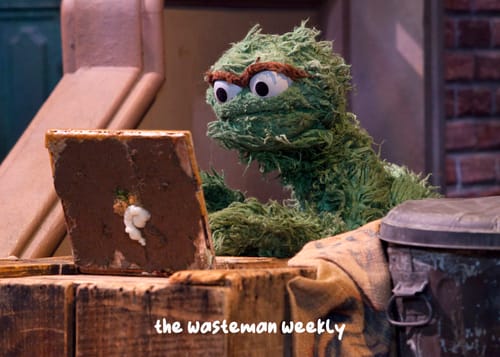I just paid $35 to grill a ribeye, and it's all because of climate change…
"Oh poor Chris, having to pay more for his Prime steak". Look I get it, first world problems, but I didn't highlight this issue just to pander for your sympathy. Whether you eat beef or not, I thought this was a prime (no pun intended) example of how climate change is impacting my daily life, and likely many of yours as well.
Cow Counting
Retail beef prices have been at record highs all across the US, and that includes beef-based products like burgers and steaks at your favorite restaurants too. This is largely due to a shrinking cattle supply and higher input costs for raising beef cattle over recent years. The kicker is that it doesn't look to be easing up anytime soon either. Cattle herds in the US have been reduced to their smallest number in decades as a result of environmental factors like prolonged drought (scarce supply of hay that drives up cost) in key cattle ranching states.
How bad is it exactly?
Well at the beginning of this year the nation's inventory of beef cattle hit a 61 - year low according to the USDA. And the problem isn't as simple as just needing more hay. Finding land with plentiful grazing for cattle becomes extremely difficult in drought years, especially since available grazable pastureland like in Nebraska has shrunk by a third since 2019 alone. Where climate change plays a role is through the more frequent, large rainfall events, that are then coupled with months of zero precipitation. This volatility makes relying on typical weather patterns and grazing conditions extremely difficult for farmers and beef producers, often leading them to reduce cattle numbers to afford buying more food for the rest of the herd.
Mooove Quickly
I want each of you to know, that the steak was indeed delicious, but it caused me to reflect on the price we'll pay if we don't control the greatest threat facing humanity. The ramifications of climate change will come in different forms, and this example is just a sneak peak into the financial end of it. When we realize these prices in the grocery store, our instant reaction is often just to figure out how to afford it, or blame the high prices on inflation. When in reality, the root of the problem is on a much larger scale, and requires collective action, cooperation, and urgency to mitigate it.
Just food for thought.








